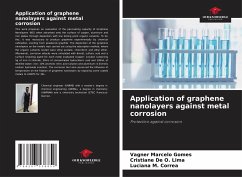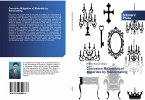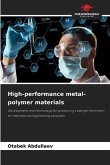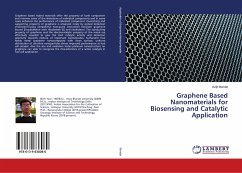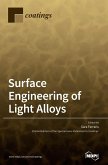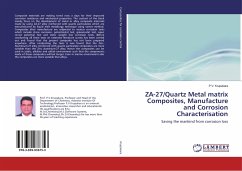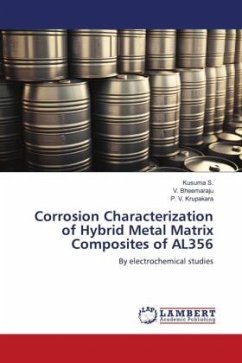This work proposes an evaluation of the passivating capacity of Graphene Nanolayers (NG) when adsorbed onto the surface of copper, aluminum and iron plates through deposition with low boiling point organic solvents. To do this, it was necessary to produce graphene experimentally by chemical exfoliation, starting from powdered graphite. The deposition of the graphene nanolayers on the metals was carried out using the adsorption method, where the organic solvents tested were ethyl acetate, chloroform and ethyl ether. Afterwards, corrosion attacks were simulated with 6mol/L sulfuric acid and a surface revealing agent for each metal evaluated (copper: solution containing 5g of iron III chloride, 30mL of concentrated hydrochloric acid and 100mL of distilled water; iron: 10% alcoholic nitric acid solution and aluminum: 0.01mol/L sodium hydroxide solution). The corrosion test also assessed the influence of temperature on the fixation of graphene nanolayers by exposing some coated metalsto 1000ºC for 30s.
Bitte wählen Sie Ihr Anliegen aus.
Rechnungen
Retourenschein anfordern
Bestellstatus
Storno

